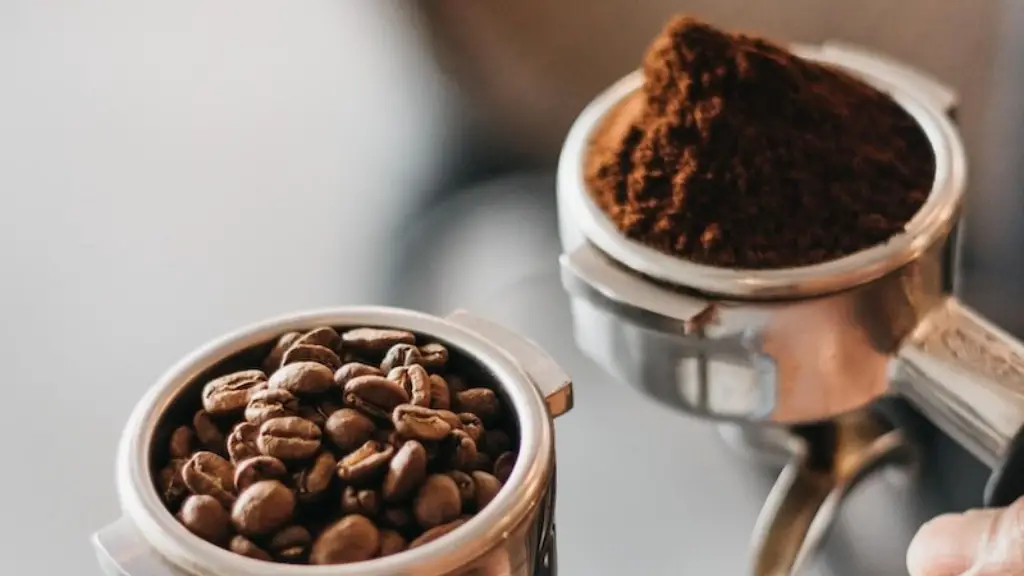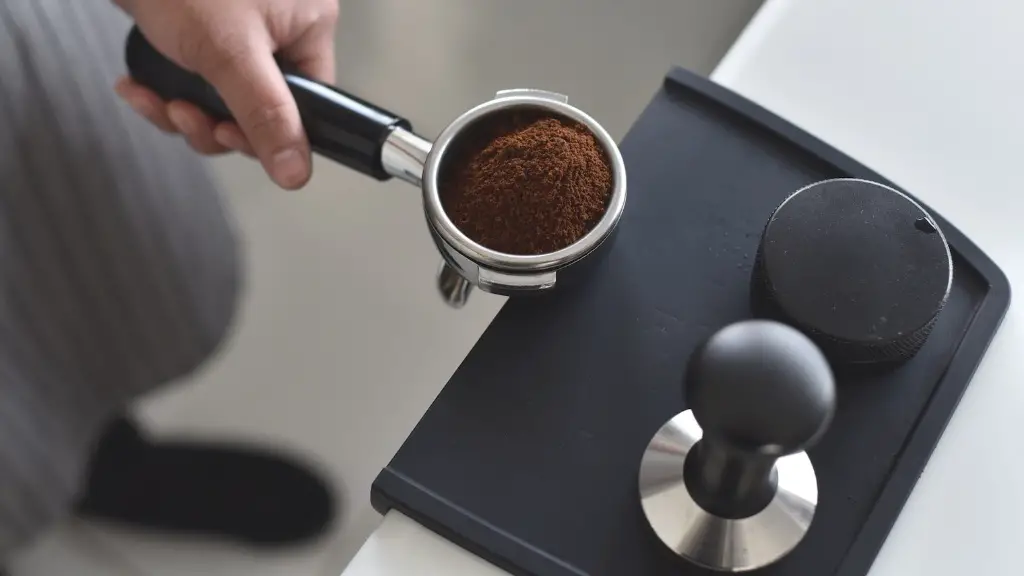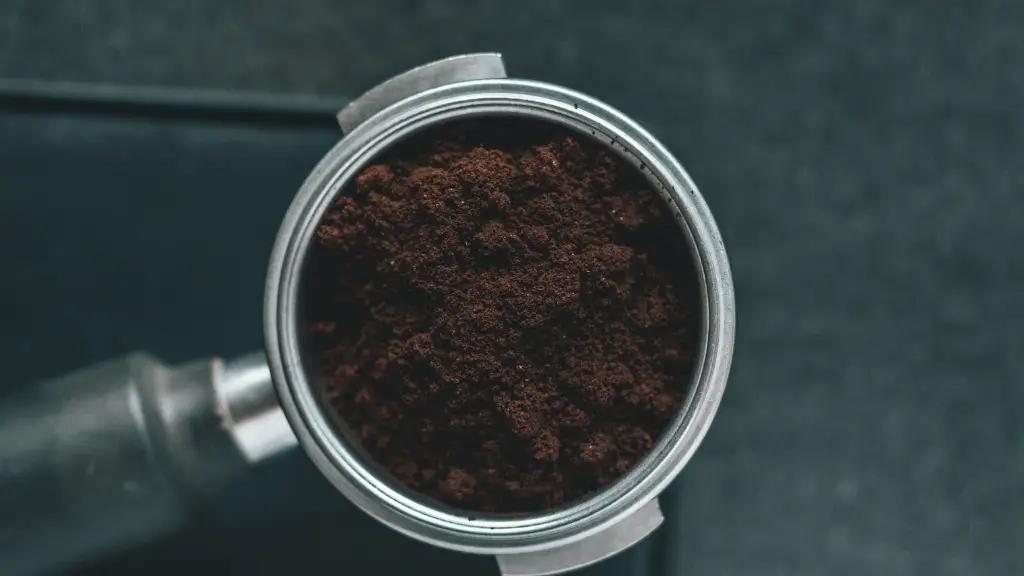Decaf coffee can be an excellent source of hydration for those with Crohn’s disease. Drinking decaffeinated coffee can provide a safe and enjoyable way to get the fluids needed while avoiding the effects of caffeine. However, it’s important to understand how decaf coffee might affect Crohn’s and how to choose the best type for your specific needs.
It is important to keep in mind that Crohn’s disease is an autoimmune disorder that affects the digestive system. Therefore, when drinking decaf coffee it is essential to only consume small amounts at a time and monitor any reactions. Certain types of decaf coffee can even be beneficial for those with Crohn’s, as they are often lower in acidity than regular coffees.
Caffeine and Crohn’s Disease
Caffeine is a stimulant found in coffee and tea, as well as some energy drinks, chocolate, and other foods. People with Crohn’s disease may wonder if it’s safe to consume caffeine. Generally speaking, there is no evidence that caffeine affects Crohn’s disease in any way. However, since caffeine can act as a stimulant and cause digestive upset in some people, it may be best to limit or avoid caffeine if you have Crohn’s disease.
Decaf coffee can be consumed by people with Crohn’s disease and is generally considered safe. Decaf coffee still contains some caffeine but at much lower levels than regular coffee. This means that those who are sensitive to the effects of caffeine may be able to enjoy decaf coffee without experiencing any negative side effects. Additionally, decaf coffee still contains many beneficial compounds such as antioxidants which may help to reduce inflammation.
It is important to note that everyone reacts differently to different foods and beverages. Some people may find that they can tolerate moderate amounts of caffeinated beverages without any problems while others may experience increased symptoms when consuming them. If you have Crohn’s disease, it is best to experiment with different types of drinks and foods to determine what works best for you.
Is Decaf Coffee Safe for Crohn’s Patients?
Decaf coffee is typically safe for Crohn’s patients to drink, however it is recommended to speak with your healthcare provider prior to consuming it. Decaffeinated coffee still contains a small amount of caffeine, which can increase stomach acid production and potentially worsen symptoms of Crohn’s disease. It is also important to be aware of potential triggers when deciding if decaf coffee is right for you.
For instance, if you are sensitive to dairy products, then adding creamer or milk to your coffee may cause a flare-up. Additionally, some individuals may find that their symptoms are worsened by the acidity of coffee. If this is the case, then trying an alternative such as herbal tea may be beneficial.
Overall, decaffeinated coffee can be enjoyed in moderation by those living with Crohn’s disease, but it is important to listen to your body and choose beverages that do not aggravate your symptoms.
Avoiding Caffeine when Living With Crohn’s
Living with Crohn’s disease can be a challenge, and it’s important to make sure to take care of your health and stay on top of any dietary changes. Caffeine can be a trigger for inflammation in some people with Crohn’s, so it is important to consider avoiding it or reducing your intake. While it is possible to drink decaf coffee with Crohn’s, it is important to be mindful of the other ingredients in the coffee, such as sugar and milk. These extras can trigger flare-ups or make symptoms worse. You should also keep an eye out for hidden sources of caffeine like energy drinks and chocolate, as they can have an impact on your symptoms. Try switching to decaf tea or herbal teas instead, which are caffeine-free and often have calming effects which can help reduce symptoms.
Preparing Decaffeinated Coffee for Crohn’s Patients
Drinking decaffeinated coffee is a great option for those with Crohn’s disease, as it is less likely to aggravate the condition. When preparing decaffeinated coffee for a Crohn’s patient, it is important to use only decaffeinated or low-caffeine beans. It is also important to use filtered water, as the minerals and compounds found in tap water can worsen symptoms of Crohn’s disease.
Using an automatic drip coffee maker may be the easiest way to prepare decaffeinated coffee. Add the desired amount of decaf beans into the filter and pour filtered water into the reservoir. Adjust your brewer settings as desired and turn it on. Once your coffee has finished brewing, remove the filter with grounds and discard them.
French press brewers are also a popular way to make decaf coffee by hand. Place coarsely ground decaf beans into your French press and pour hot filtered water over them. Stir gently and then place the plunger into position without pressing down just yet. Let steep for about four minutes, or until desired strength, then press down on the plunger to strain out grounds. You can also use a coffee filter if you prefer a lighter brew.
For cold brews, mix coarsely ground beans with cold filtered water in a pitcher or carafe and let steep overnight in the refrigerator (or about 12 hours). Strain out grounds using a mesh sieve or cheesecloth before serving. Regardless of which method you choose, you can enjoy delicious decaf coffee without worrying about worsening existing Crohn’s symptoms!
Alternatives to Drinking Coffee When Living With Crohn’s
Coffee can be a delicious beverage, but it can also be problematic if you have Crohn’s disease. Caffeine can aggravate symptoms of the condition and make them worse. The good news is that there are plenty of alternatives to drinking coffee when living with Crohn’s, so you don’t have to give up your favorite hot drinks.
Herbal teas are an excellent choice for people with Crohn’s, as they do not contain caffeine and often provide a wide range of health benefits. Herbal teas such as chamomile, ginger and peppermint can help reduce inflammation and improve digestive health. You can also try decaf green tea for a milder flavor and still get some health benefits from the antioxidants it contains.
If you prefer something with a little more flavor, there are several other options available. Nut milks like almond or coconut milk are great substitutes for regular cow’s milk in coffee or tea. You can also opt for naturally sweetened hot drinks such as hot cocoa made with almond milk or lightly sweetened herbal teas like rooibos tea.
Finally, if you do decide to drink decaf coffee with Crohn’s, make sure it is organic and freshly brewed without any added sugar or dairy products. Organic coffee is free of chemicals which may aggravate symptoms of the condition, while fresh-brewed coffee has less acidity which can irritate the gut lining in people living with Crohn’s disease.
Dealing With Dietary Restrictions When Living With Crohn’s
Living with Crohn’s can present a variety of dietary challenges. It is important to consult your doctor or nutritionist about what foods are safe for you to consume. In general, it is recommended that people with Crohn’s disease opt for a low-fat, high-fiber diet that includes plenty of fruits and vegetables. Avoiding spicy and fatty foods, as well as dairy products, can also help reduce symptoms. Decaf coffee can be consumed in moderation, but be sure to monitor your body’s reaction to it carefully. Additionally, it is important to stay hydrated and drink plenty of water throughout the day. It is also a good idea to pay attention to any food sensitivities or allergies you may have and avoid those items as well. Eating small meals throughout the day can also help keep symptoms at bay. By following these guidelines and speaking with your doctor or nutritionist, you can ensure that your diet is tailored specifically to your needs when living with Crohn’s disease.
Final Words
Overall, drinking decaf coffee with Crohn’s disease is generally safe and can provide a range of potential health benefits. However, it is still important to be mindful of any individual sensitivities when consuming coffee and to consult with a physician if you have concerns. Decaf coffee may be a great choice for those living with Crohn’s disease who want an energy boost without the risk of exacerbating their condition.
It is also important to remember that individuals with Crohn’s are more likely to experience complications from caffeine than those without the condition. Therefore, if you choose to drink caffeinated coffee, it is best to do so in moderation. By doing so, you can enjoy a cup of coffee while minimizing the risk of adverse effects.





